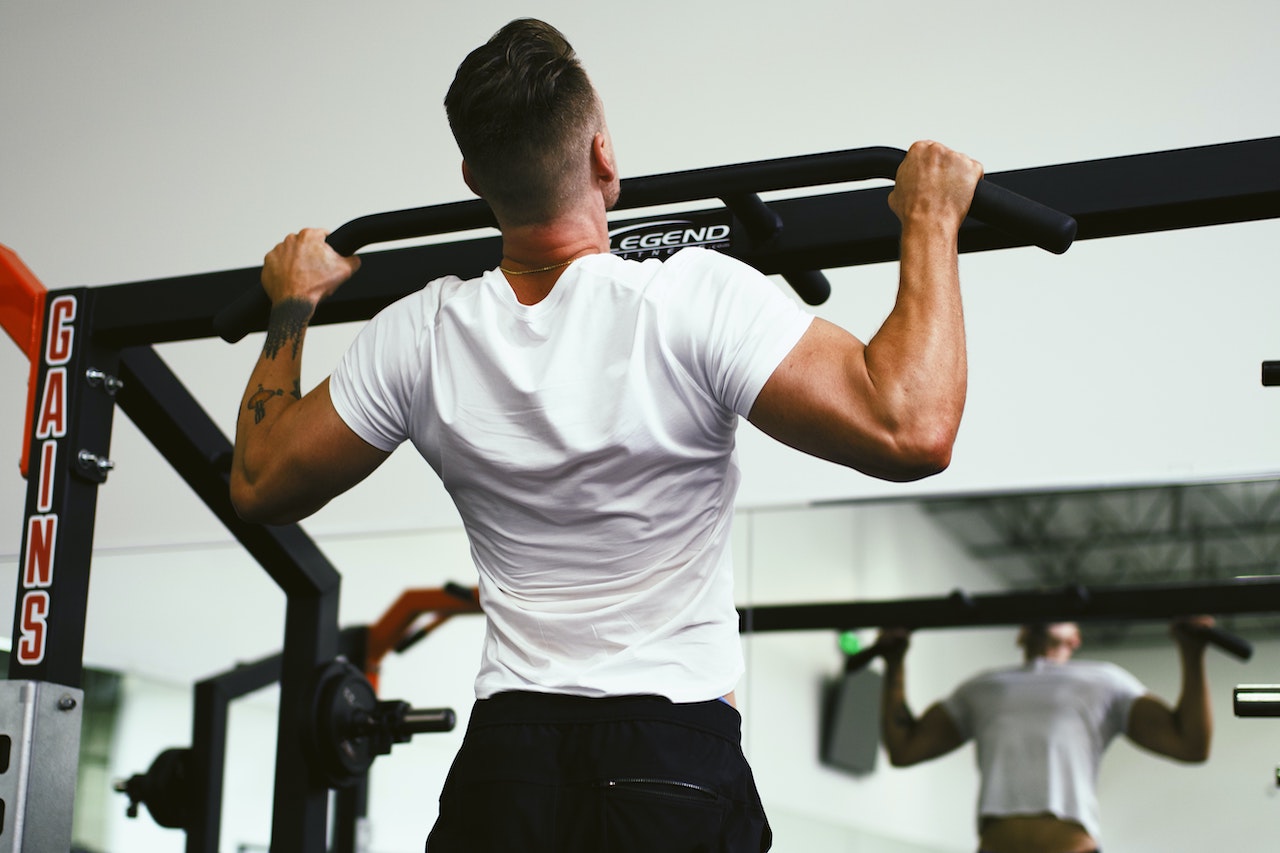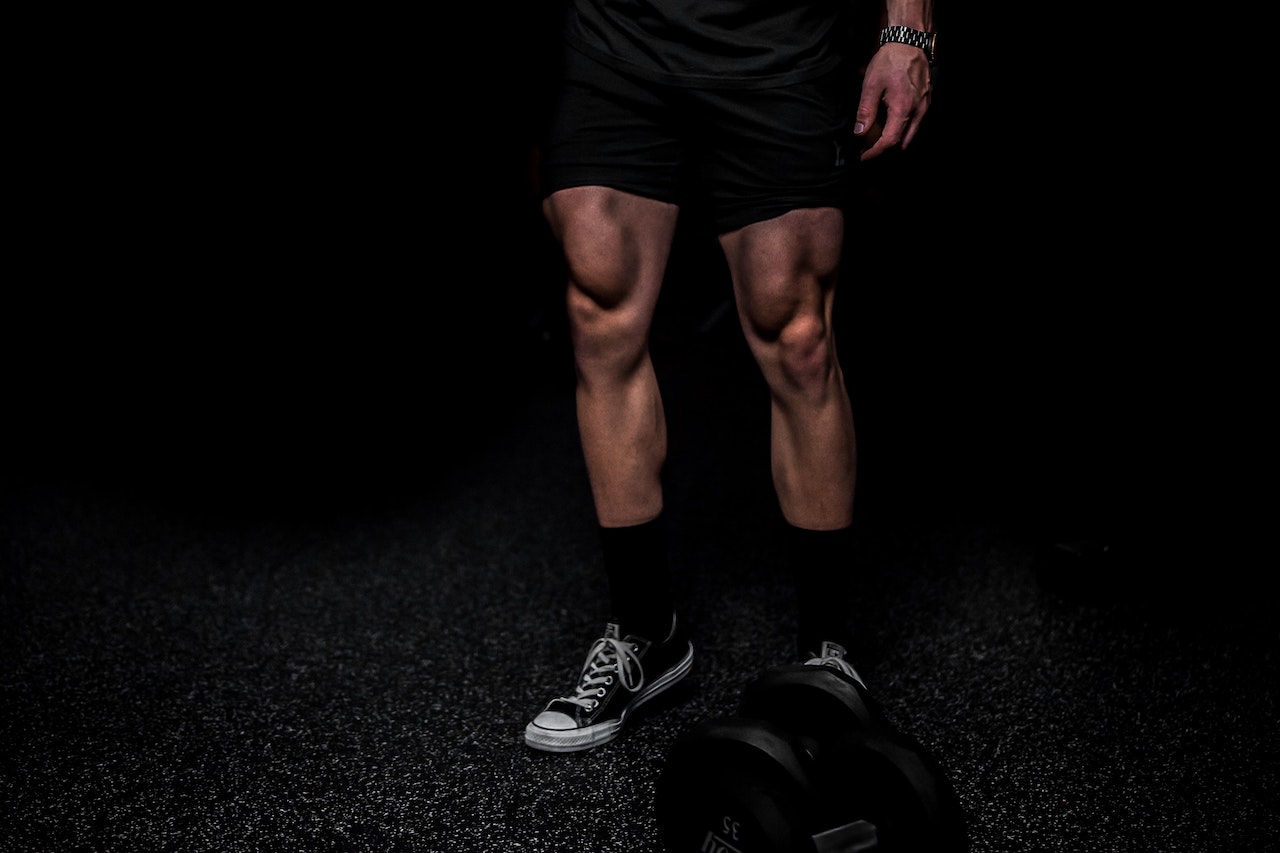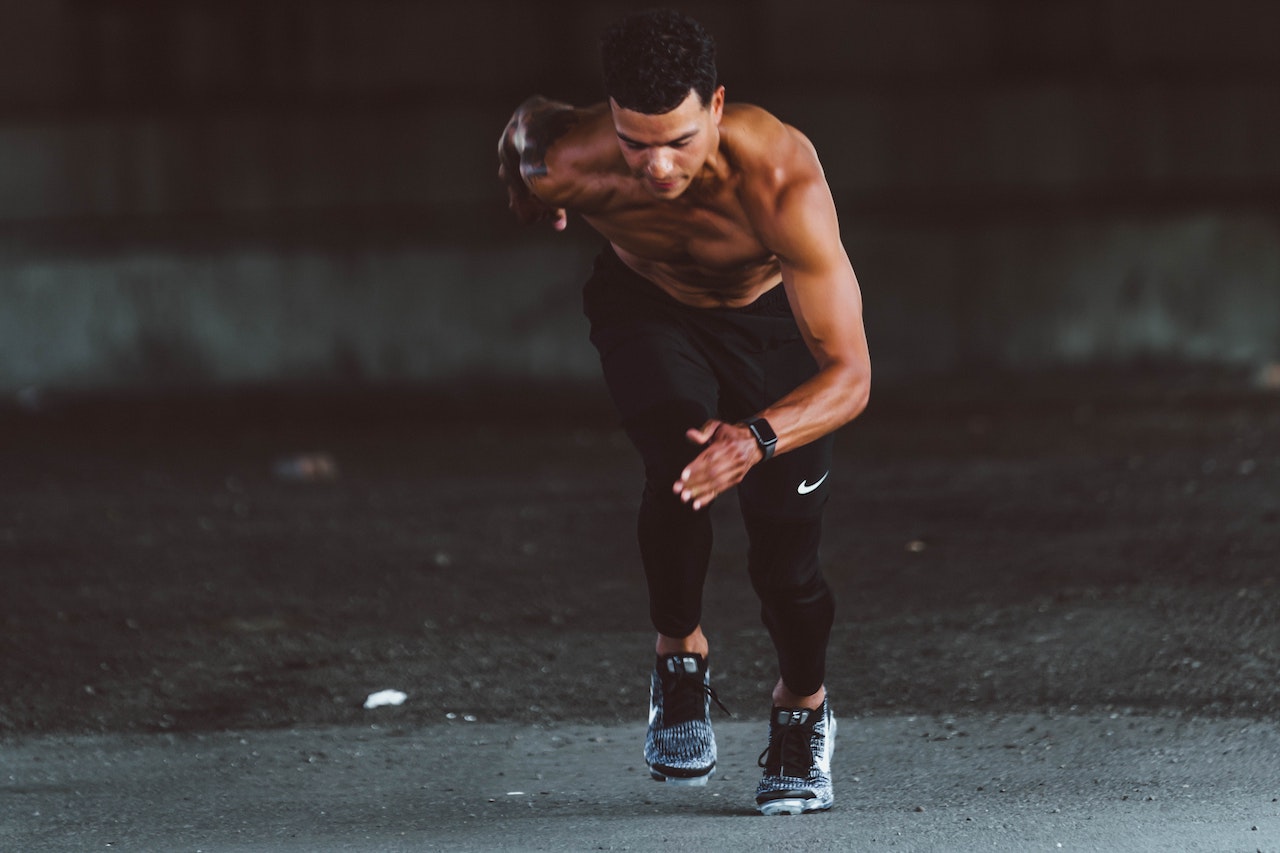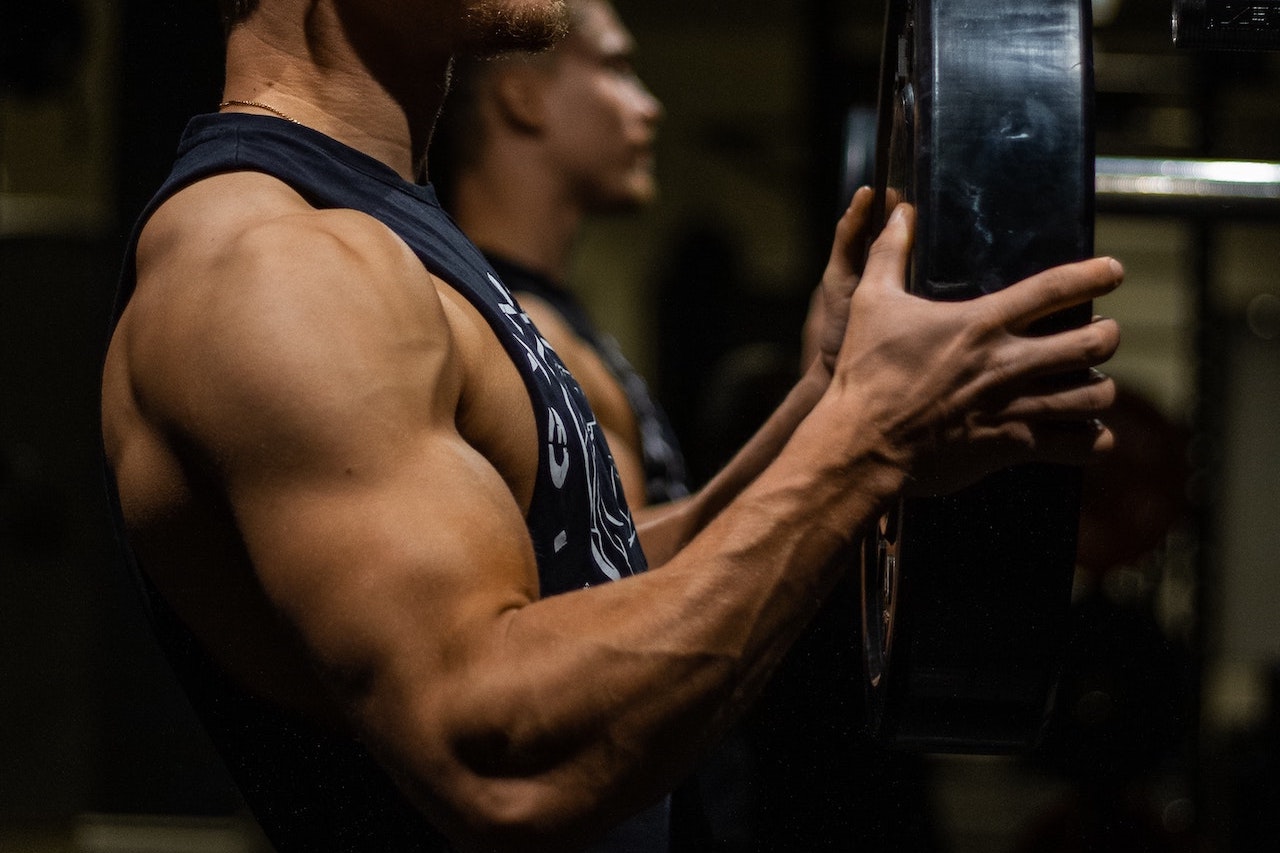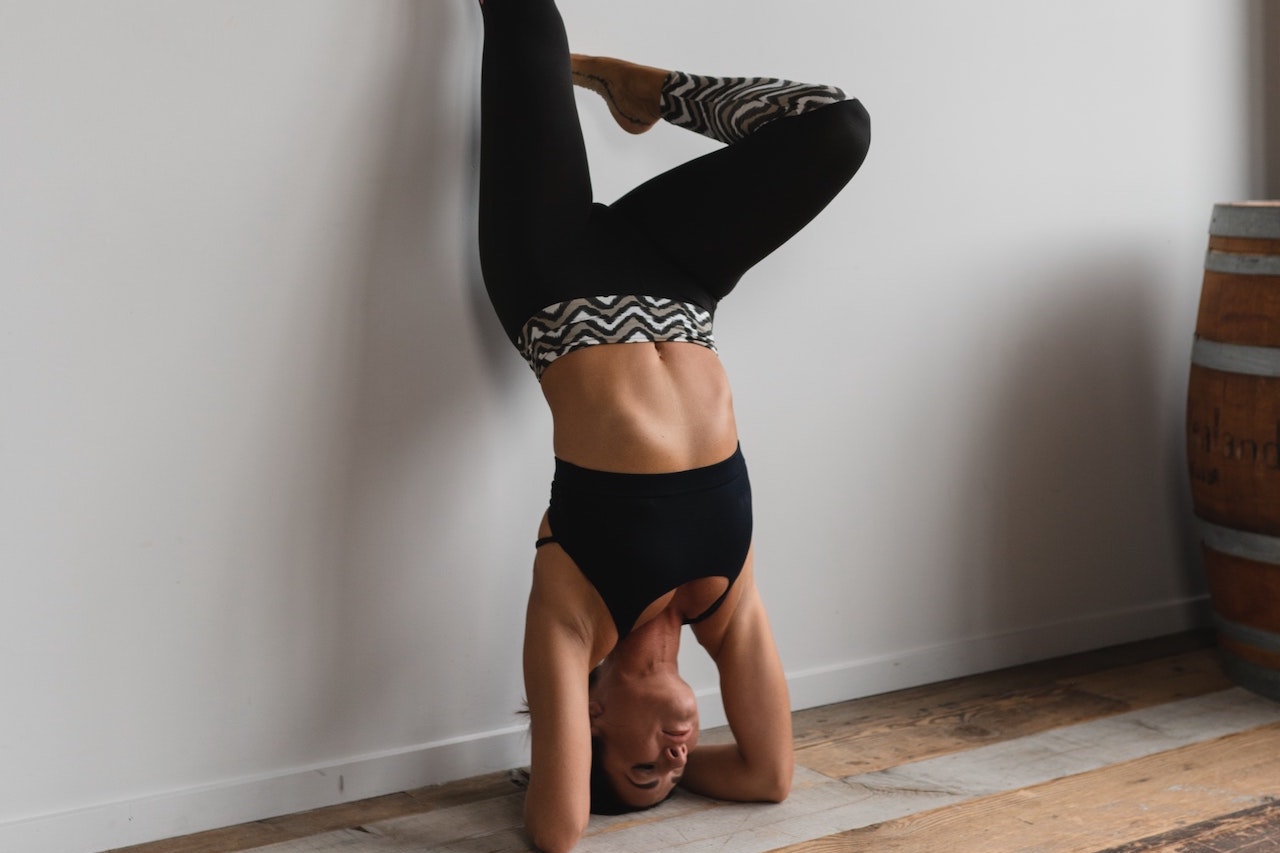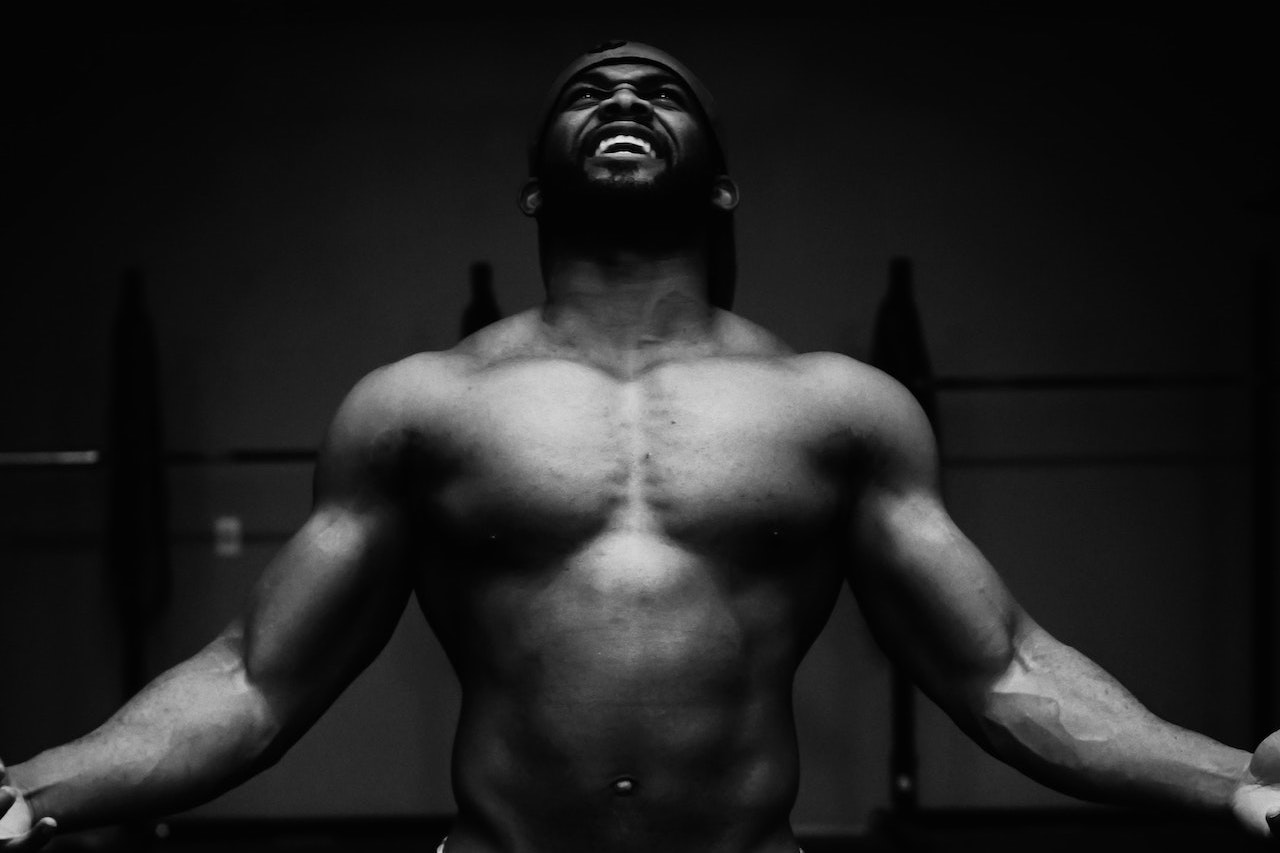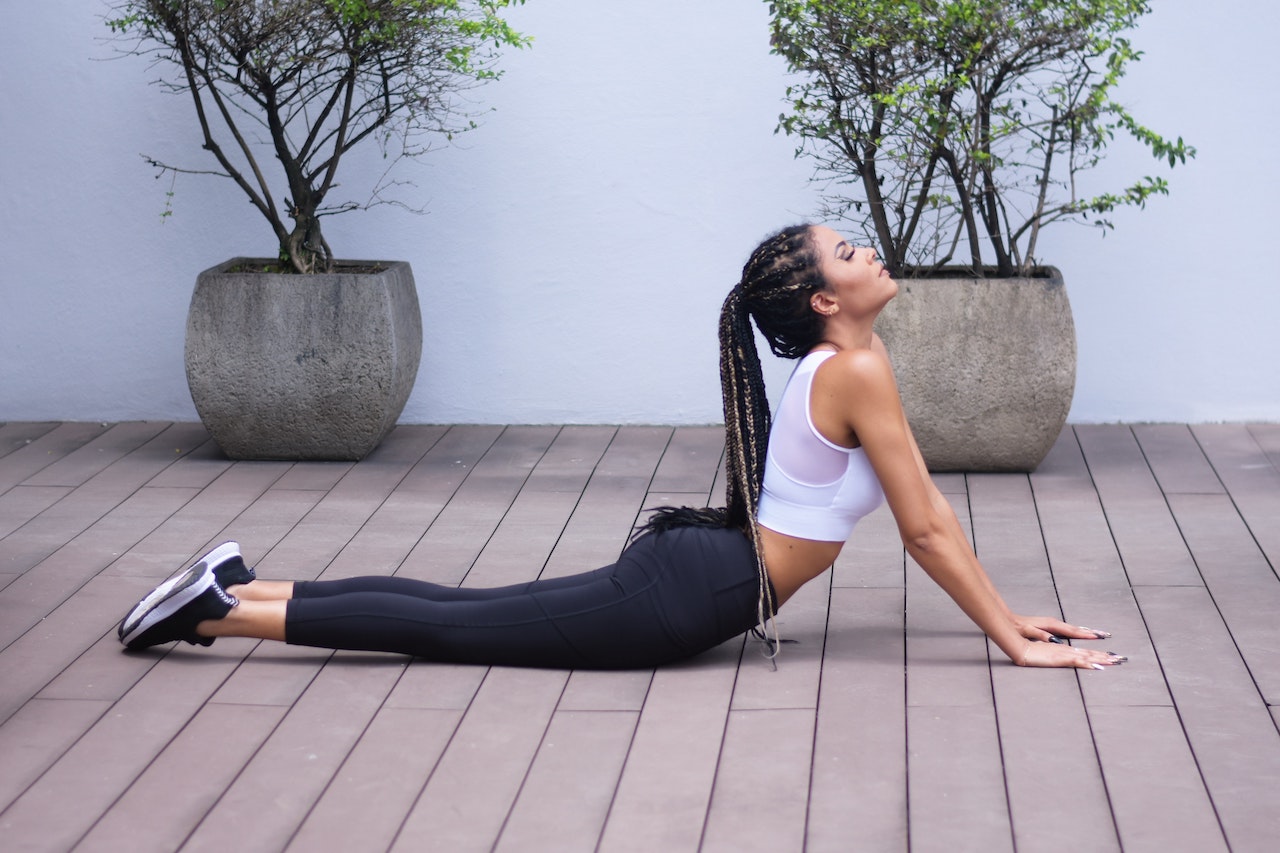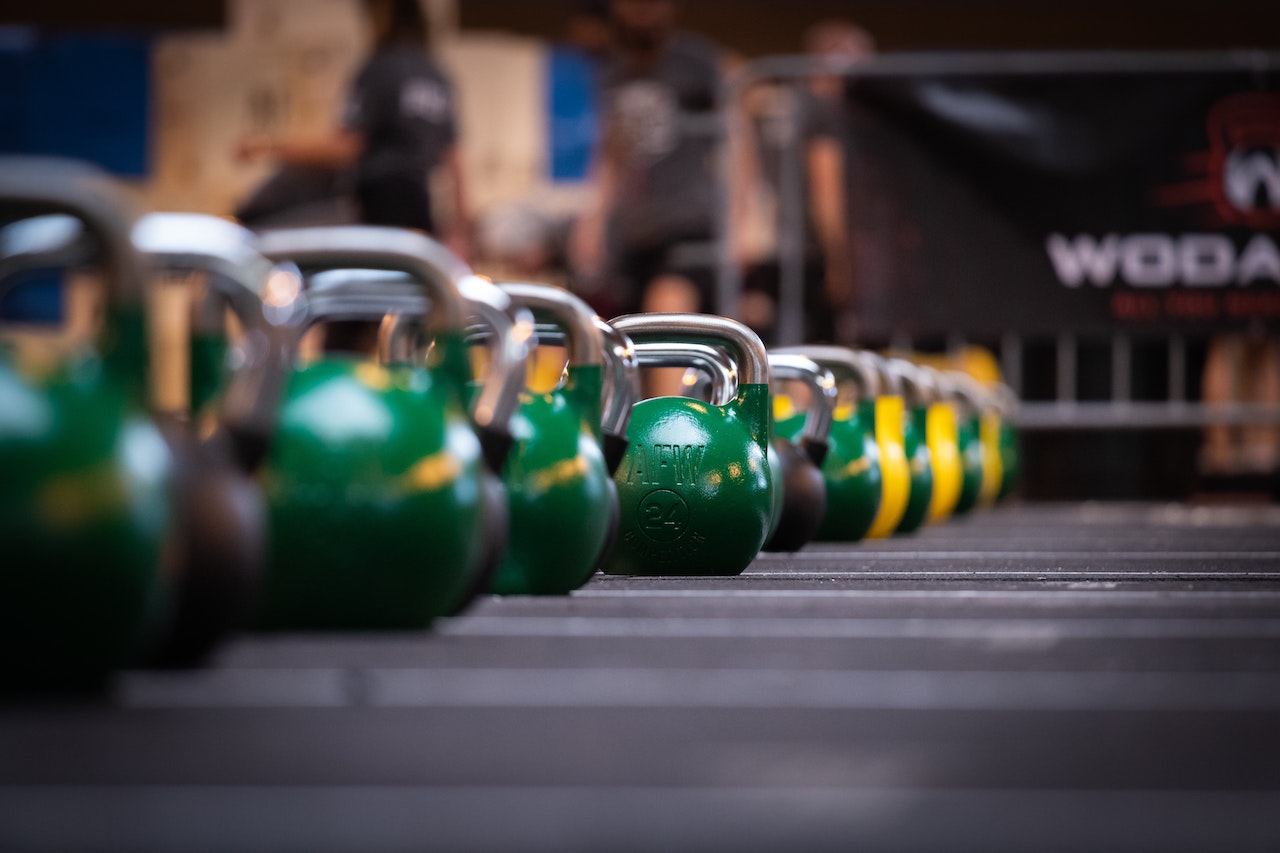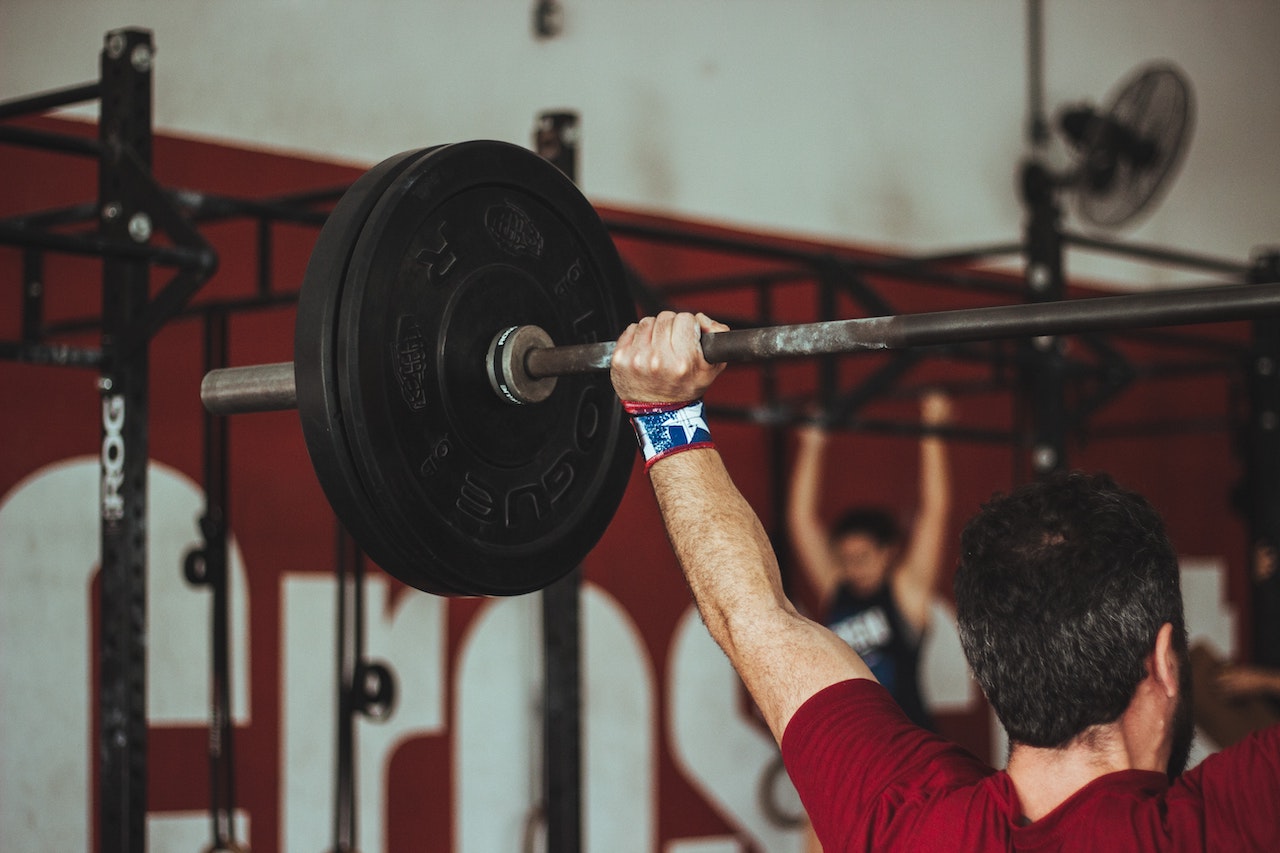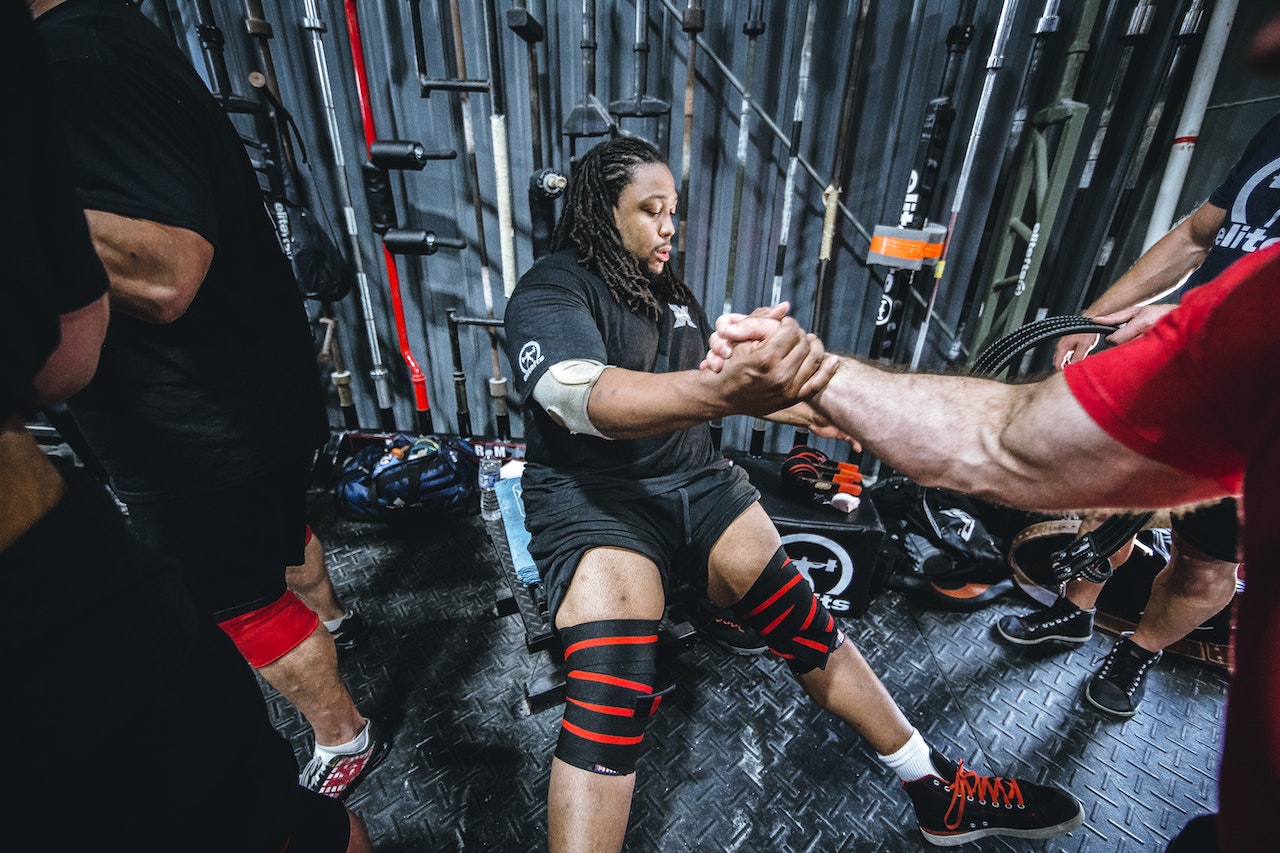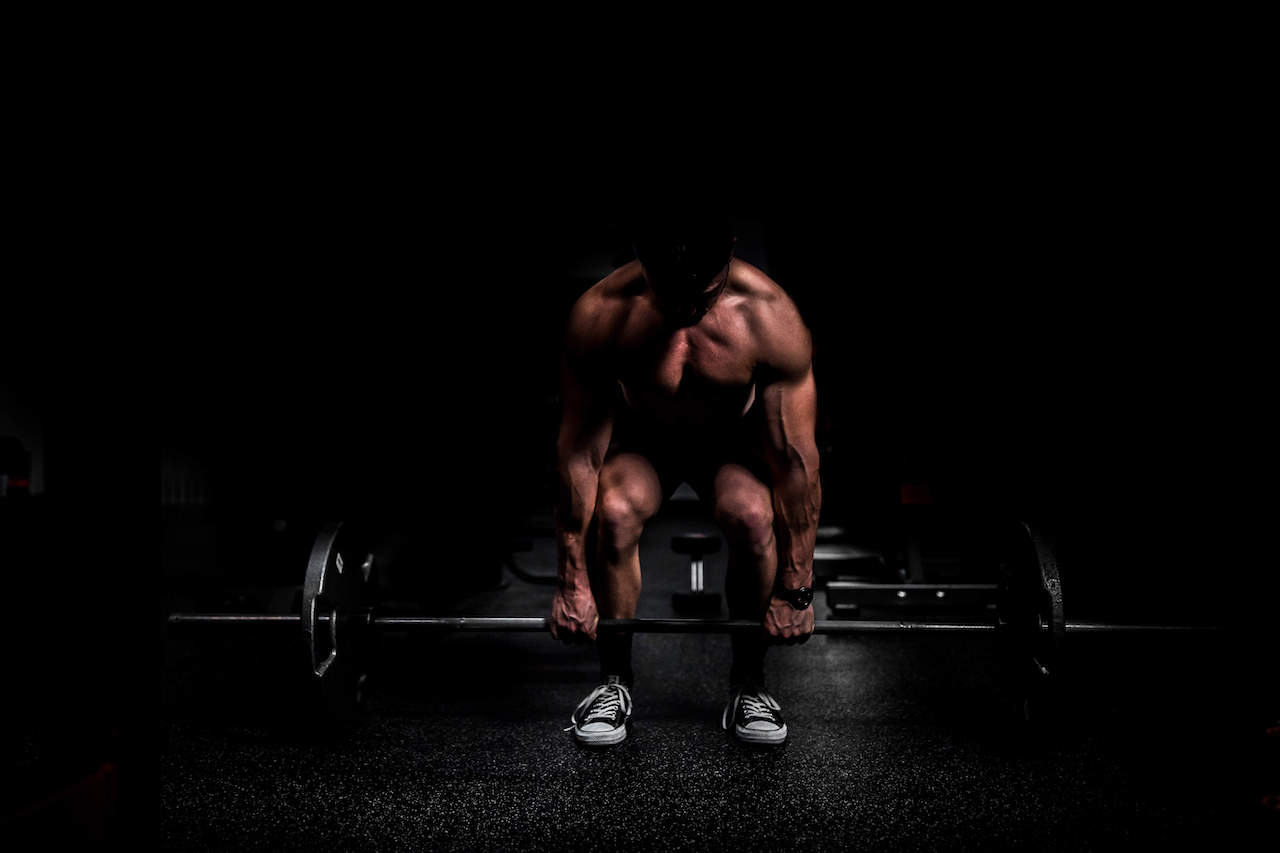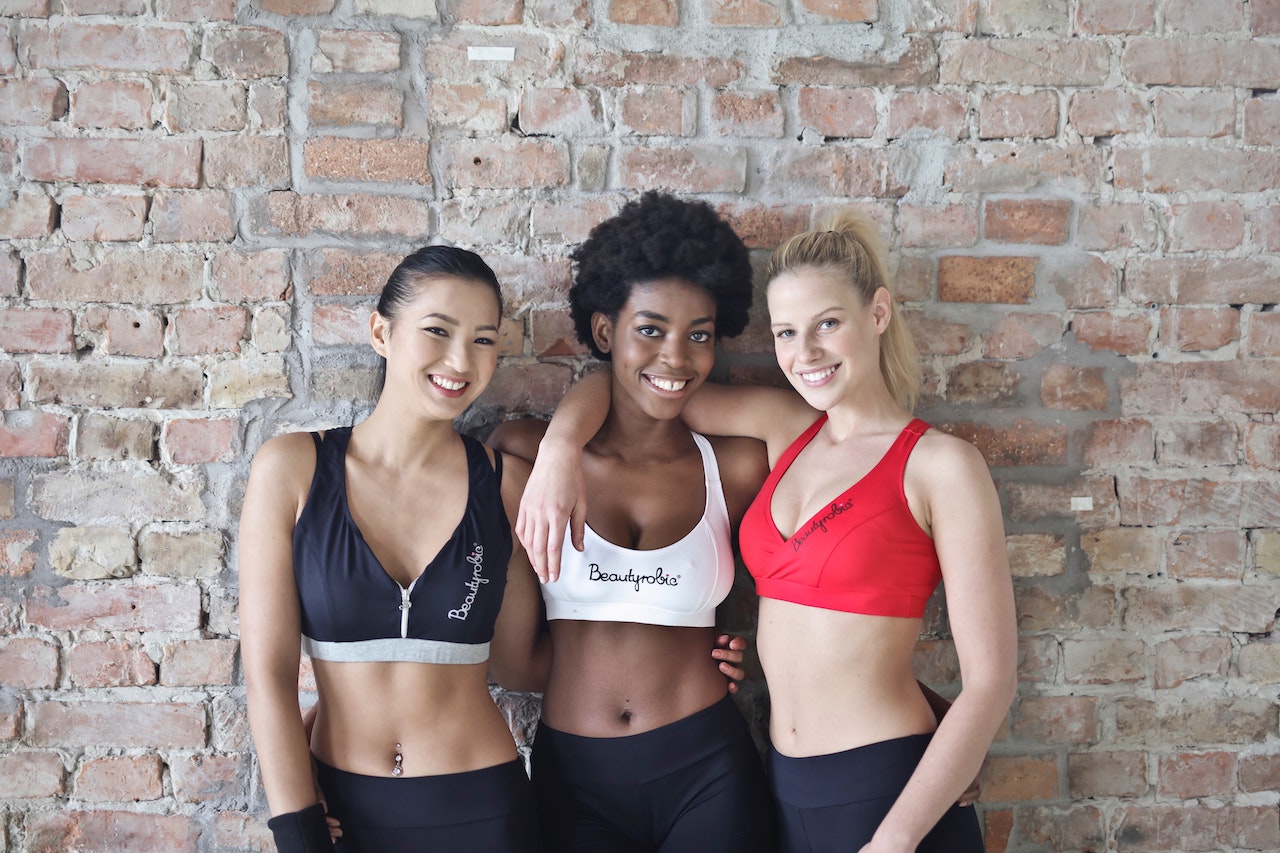How many times a week do you work on your shoulders? How do you usually schedule them?
Wide shoulders will definitely make the body size another size bigger and also hold up clothes better. Many guys will only complain that their shoulders are not wide enough, or that they have poor shoulder training results.
The key to wider shoulders very often depends on how to maintain balance under high intensity training and also to use the full potential of the training effect. To do this, all you need is better shoulder exercises and to do better movements. That's exactly what we're doing today as we look at how to train your shoulders.

make sure you really give your deltoids the training they deserve and design the perfect set of shoulder exercises. Here are 6 moves that incorporate some effective ways to get the muscle stimulation needed in training to take deltoid strength to new heights.
Training movements number of sets number of reps
dumbbell shoulder press 6 8-12
mine rack shoulder press 5 8-12
dumbbell front planks 5 12-15
dumbbell side planks 4 15-20
dumbbell side planks 2 40-60 (sets of 3 to 4 decreasing weights)
dumbbell reverse flyes 4 12-15
back bound row 4 12-15
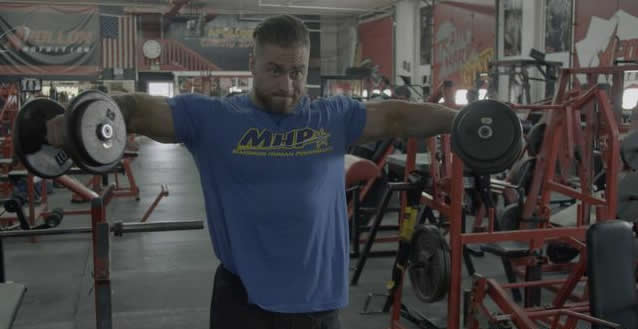
shoulder press
probably the best shoulder movement for shoulder training with contact is the shoulder press. There is no other movement that can be better in terms of activating the deltoids. It stimulates the entire deltoid at the same time, and few other movements will feel like this and need to get it right.
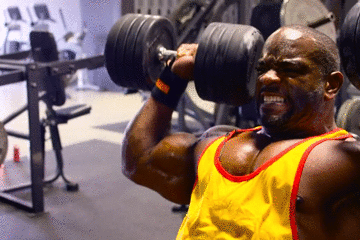
this one iconic compound movement can be used with almost any weight bearing apparatus in shoulder training. Dumbbells are the ones that provide the best activation and stability. Note that the dumbbell shoulder press tracks to the sides of the body and not to the back of the neck.
Mine rack shoulder press
the landmine rack shoulder press is a similar movement to the shoulder press but with its own unique approach. The landmine rack provides a vertical trajectory of movement that allows you to push the barbell upwards, ensuring that you get the best sense of contraction throughout the shoulder during the exercise.
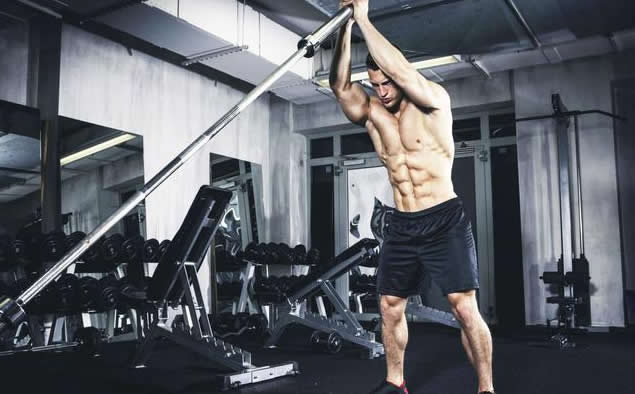
it will also raise the strength of the anterior deltoid, a useful feature that will force the body to stabilise itself through the core. To do this, place the barbell in a mine rack, or overhead inside a corner. Grasp the other end and lift the barbell upwards with a levering motion with one arm.
Dumbbell front planks
the front planks isolate and stimulate the anterior deltoid bundle, which is not always an easy muscle group to train and can be your weak point without you even knowing it yourself. It is easy to borrow, so take your time with the movements and get the technique of the movements first.

use reasonably weighted dumbbells so that you can lift them slowly and carefully without having to wiggle your arms to borrow the weight because it is too heavy. It's definitely one of the best movements for training the frontal girdle, so make the most of it!
Dumbbell side planks
a great move to train the middle deltoid, if you strengthen your body shape or strength, make sure you do a good job with the side planks and train the middle bundle in the right way, the middle bundle will be able to have great strength.
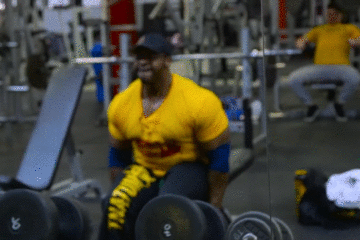
use one or both arms to focus your training, this is a great way to work out. Maintain a better stance, form a t-shape when lifting the dumbbells for each movement, and do the movements slowly and steadily to avoid body borrowing.
Reverse flying bird
this movement is slightly more complex and may be more difficult than other shoulder movements. The posterior deltoid does not grow full naturally and often relies on the stability and strength of the latissimus dorsi.
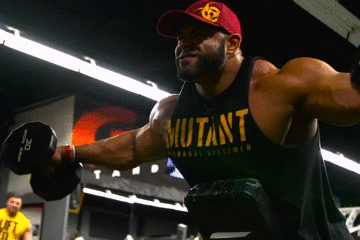
be sure to keep your elbows out, feel the sharp contraction as you lift the deadlift backwards, and make sure the angle of the upper incline plate is right.
Posterior deltoid row
finish with the best movement to stimulate the posterior deltoid bundle. Be aware, however, that the posterior bundle row can easily become a standard row if you don't pay attention to the posture of the movement.
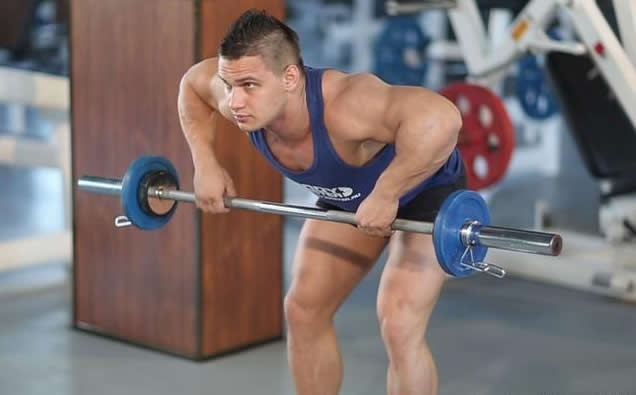
ensure that the elbows remain outward throughout the movement to avoid the latissimus dorsi actively firing for a more engaged muscle. Try adding a slight downward angle to the stance to get better results. Gradually row the weight upwards and backwards to get maximum muscle contraction and best results.
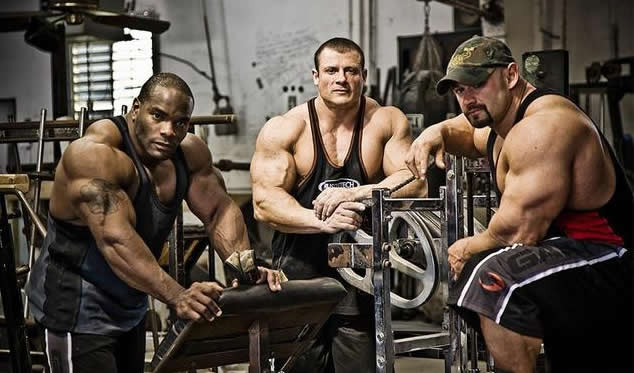
work the core of the shoulders to ensure that every part of the deltoid gets the best possible workout. Increase muscle strength and mass with weights that are reasonable for you. Constant progression is the effect you want, so if this workout is good for you, start it tomorrow!


